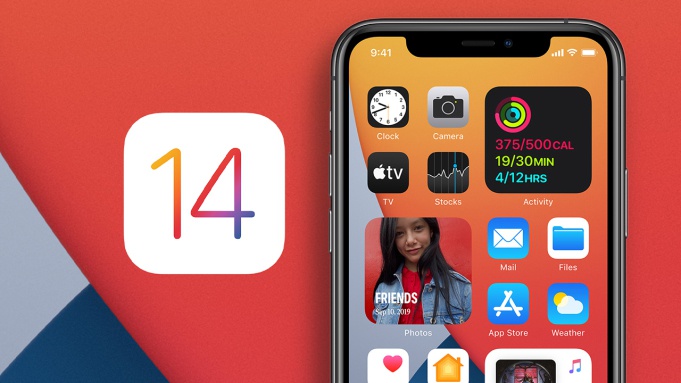Apple is delaying a major privacy change in iOS 14 that can prevent third-party apps from tracking your iPhone usage.
iOS 14 was scheduled to arrive this fall with a new requirement for third-party developers: Their iOS apps had to ask users for permission before collecting device information to serve targeted ads. The change would result in a bunch of pop-up prompts on your iPhone, asking you to either opt in or out of the tracking. But on Thursday, Apple said it would delay the feature, citing the impact on third-party apps.
“To give developers time to make necessary changes, apps will be required to obtain permission to track users starting early next year,” the company wrote in a note to developers.
The company didn’t explain why it’s delaying the requirement. But last month, Facebook argued that the privacy change in iOS 14 would cripple its ability to serve targeted ads to iPhone and iPad users and threatened not to deploy its Audience Network on iOS 14.
Apps, including Facebook, can collect a device identifier from your iPhone, which can then be shared with other companies, including major analytics firms. Online ad networks can then map out your iPhone usage, including what sites and apps you’re using, to determine which ads you should be served.
Privacy advocates claim the tracking is tantamount to surveillance, and it often occurs without your explicit consent. So Apple wants to force third-party developers to first ask for permission before engaging in the data collection. However, Facebook argues that most of the internet, including free apps, generates revenue via targeted advertising.
Apple told PCMag the backend services to support the app-tracking permission requirement will still arrive in iOS 14 when it rolls out this fall. But implementation will be voluntary for third-party apps until early next year.
So it’s possible some iOS apps may display a prompt on day one, asking you whether you’d like to opt into the tracking or not. However, Facebook has said it won’t adhere to the tracking permission requirement. Instead, the company is going to stop collecting user identifiers on iOS 14 devices. Whether this will satisfy or potentially break Apple’s rules remains unclear.
 (Credit: Apple)
(Credit: Apple)
In the meantime, Apple is still on schedule with another privacy change for iOS 14: This fall, the company is requiring all third-party developers to submit specific information on the user data their apps can collect. The goal is to update every product page on the App Store with a new section outlining the privacy implications for each app.

